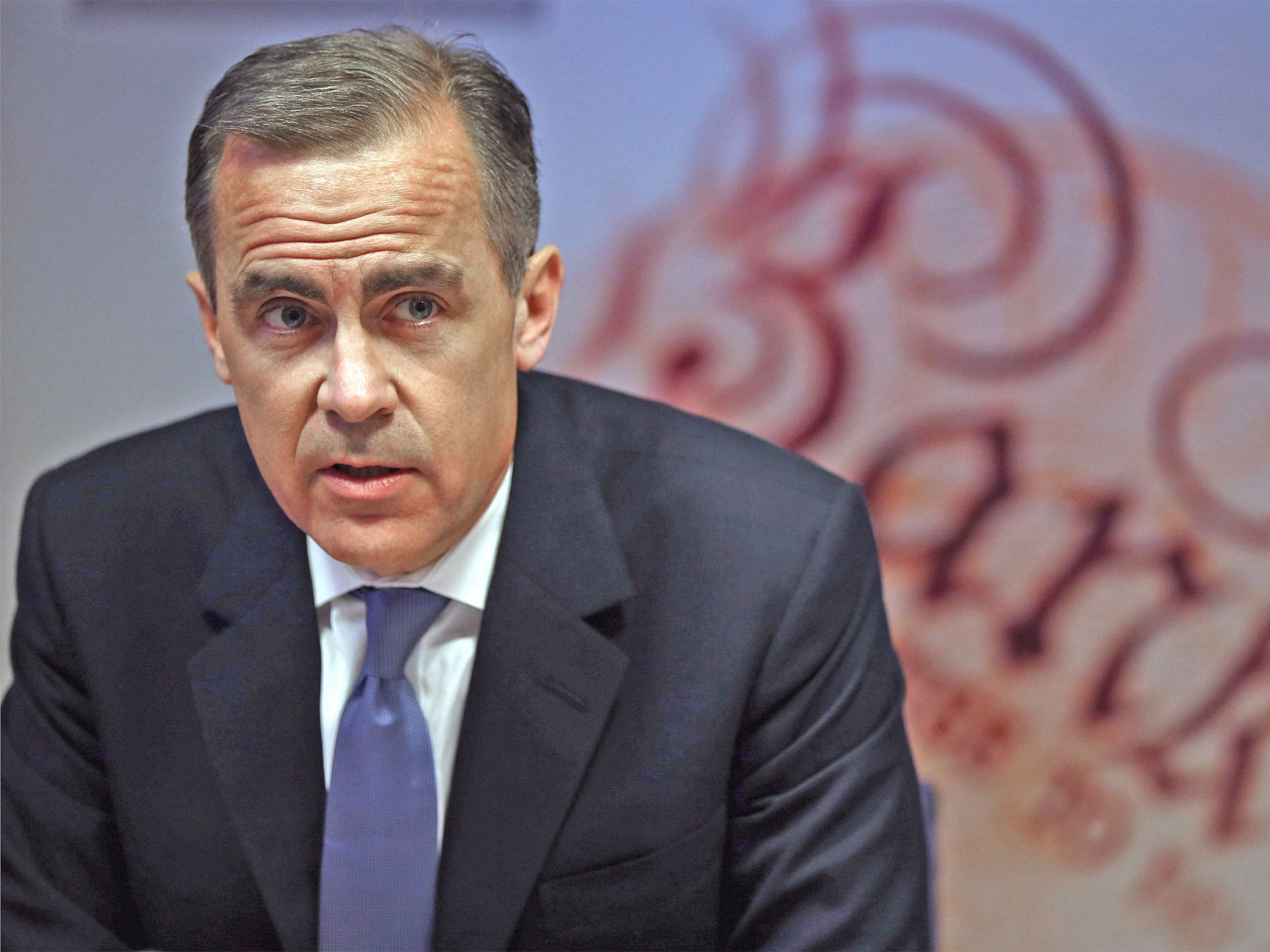Wage packets continue to trail inflation
Total pay rose 1.1% year on year in the three months to December — still trailing the CPI rate 1.9% in January

Your support helps us to tell the story
From reproductive rights to climate change to Big Tech, The Independent is on the ground when the story is developing. Whether it's investigating the financials of Elon Musk's pro-Trump PAC or producing our latest documentary, 'The A Word', which shines a light on the American women fighting for reproductive rights, we know how important it is to parse out the facts from the messaging.
At such a critical moment in US history, we need reporters on the ground. Your donation allows us to keep sending journalists to speak to both sides of the story.
The Independent is trusted by Americans across the entire political spectrum. And unlike many other quality news outlets, we choose not to lock Americans out of our reporting and analysis with paywalls. We believe quality journalism should be available to everyone, paid for by those who can afford it.
Your support makes all the difference.Pay packets are finally closing the gap on the cost of living, putting relief in sight for households, official figures reveal today.
Total pay rose 1.1 per cent year on year in the three months to December — the best since last July, albeit still trailing the Consumer Prices Index which stood at 1.9 per cent in January.
In the single-month figures from the Office for National Statistics the gap is even smaller as pay rose 1.5 per cent year on year in December.
Berenberg economist Christian Schultz said: “After the sharp fall in unemployment, wage growth now looks to have bottomed out. That is good news for households, for whom the gap between income growth and inflation continues to close, which should help sustain the consumer-led recovery.
“But it may also signal a gradual fading of domestic disinflationary pressures… As slack in the labour market continues to fall, chances are that wage growth will become stronger and add to the pressure on the Bank of England to [raise rates] earlier.”
Today’s surprise reversal in the unemployment rate to 7.2 per cent means the original forward guidance issued by Bank Governor Mark Carney under which the Bank will not consider raising rates until unemployment falls to 7%, remains intact.
Join our commenting forum
Join thought-provoking conversations, follow other Independent readers and see their replies
Comments